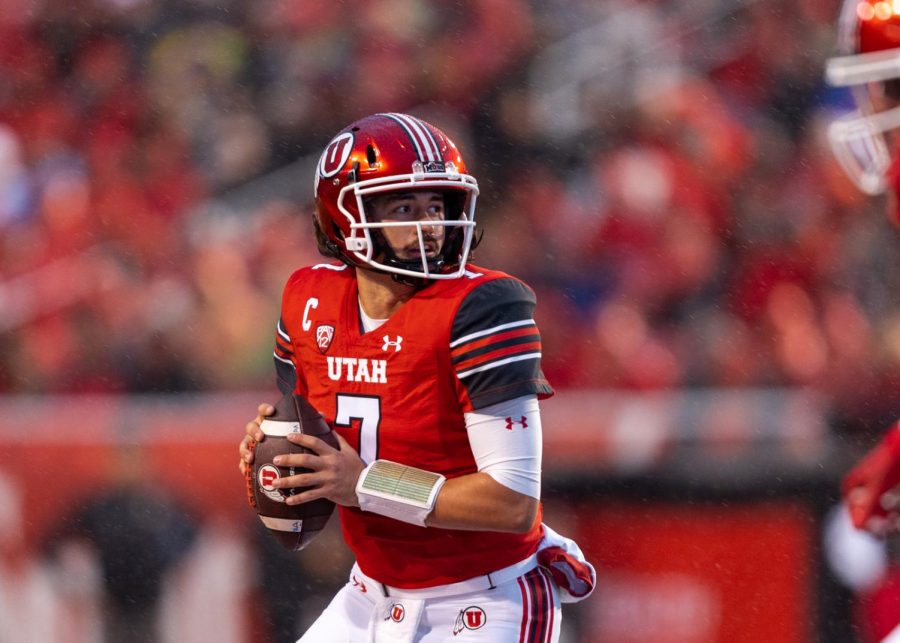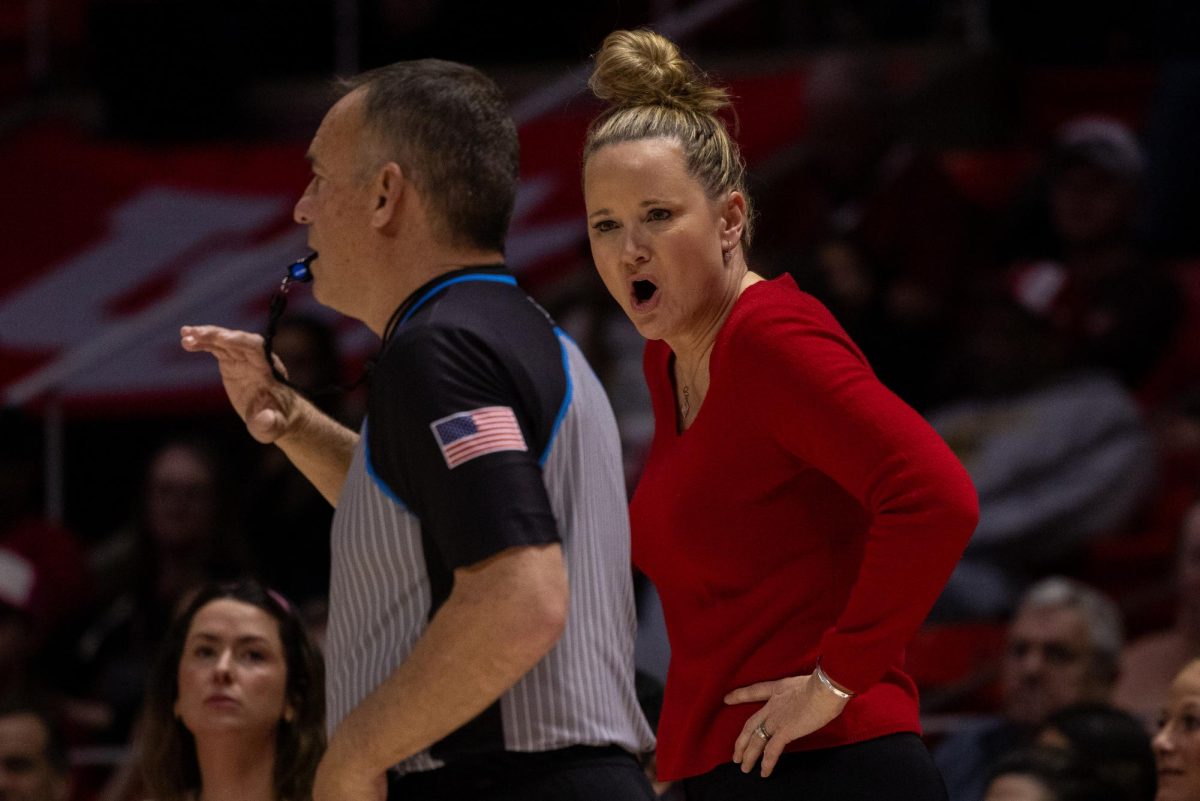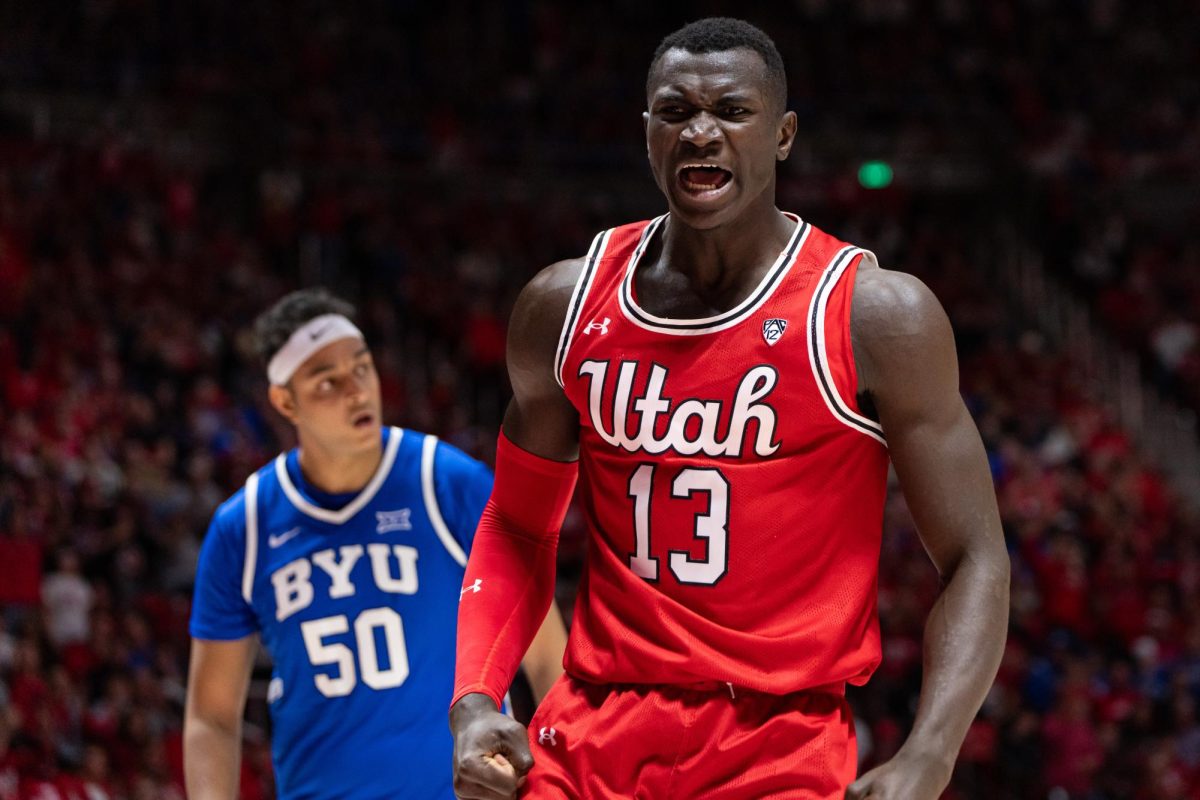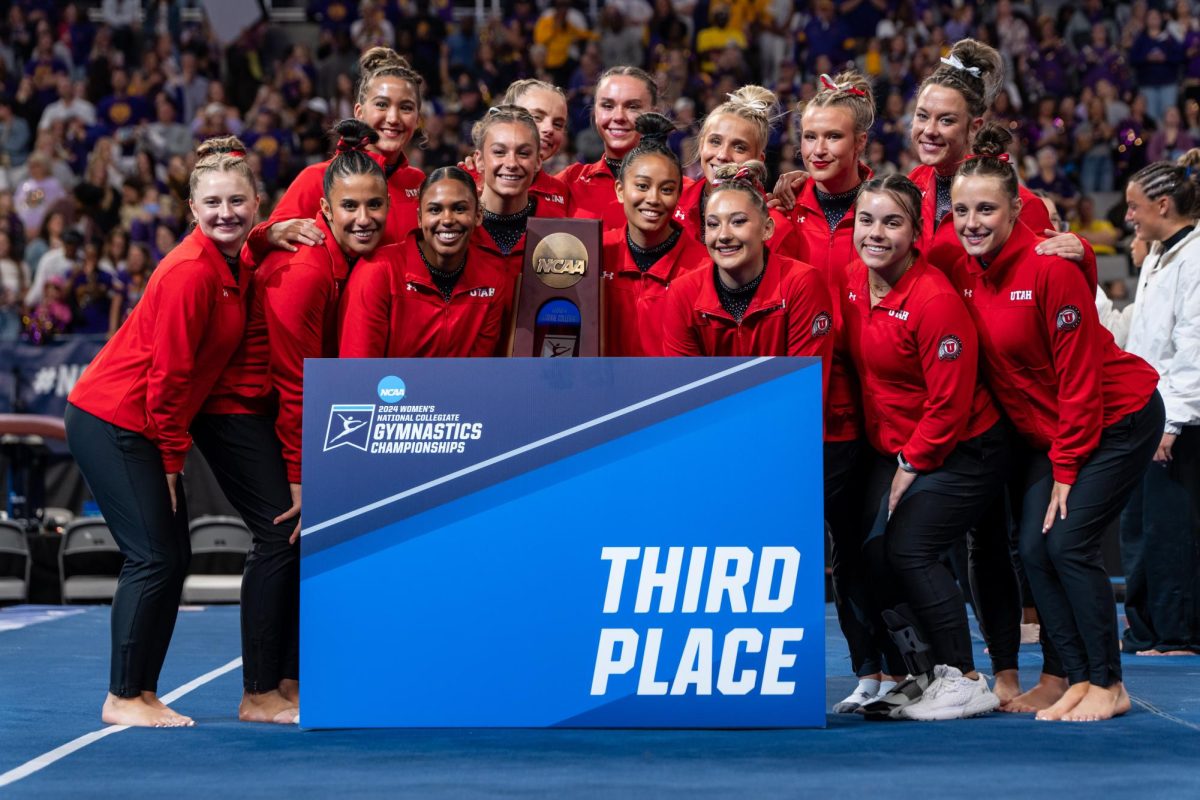For years, Utah’s rival has been clear. It played in the same conference as a team 40 minutes away, a team that was highly regarded and one that even had a national championship to its name. The current hiatus of the “Holy War” shows the Utah and BYU rivalry of old will soon be no more.
The Cougars and Utes will continue to play each other, even if it’s not annually, but the way the game feels will change. In short — it is no longer that important for the Utes to beat BYU, and when one side starts to care less about the game than the other, the rivalry dies.
What creates a rivalry? Proximity to one another is the obvious answer, but there is so much more to it. Utah State is close to Utah as well, but the “Battle of the Brothers” is mostly looked upon as an after-though, because the Aggies have never been consistently good.
For a rivalry to take shape, there has to be meaning behind games that goes beyond state bragging rights. Familiarity breeds contempt, yes, but to truly find a rival, games have to be played for championships, for bowl games. Rivals are created either because two teams are really good and have to play each other over the course of many years or one not-so-good team becomes a consistent thorn in the side of a championship contender.
Look at Stanford and Oregon over the last few years. The Ducks and Cardinal were never thought of as traditional rivals, but their rise to the top of the conference created a rivalry, even if it was short-lived.
A look around other sports shows the same thing: the Lakers and Celtics rivalry of the ’80s is not what it used to be, the 49ers and Cowboys rivalry of the ’90s is gone, and many others have risen up and fallen by the wayside.
Even when the Cougars and Utes line up on the gridiron again, it won’t mean that much. It will be just another non-conference game for Utah and it won’t affect its case for a Pac-12 South title, or a chance at a conference championship.
With more and more recruits coming to Utah from out-of-state, the feeling of animosity toward BYU will soon weaken among players too. They will not have grown up in a state split between red and blue, and a freshman from Florida or California will be more excited to play in Michigan than at BYU.
The only way for the rivalry to have the same meaning as it has in the past is if Utah is a playoff contender and is kept out because of a loss to BYU. Recent history shows that neither of those things are likely to happen.
So the Utes are in need of a new rival — who are the candidates? Well, right now, really no one.
For the first time since entering the Pac-12, Utah has proved to be a legitimate opponent week in and week out. When the Utes line up against the top teams in the conference, it is meaningful for both sides.
If the loss to Utah keeps UCLA out of the conference championship, or the playoffs, for that matter, don’t you think the Bruins will be a little upset?
If Utah knocks off Arizona and costs them a chance for the division title, won’t the Wildcats have revenge on their mind?
Suddenly rivalries are formed.
With all the stuff I just threw down, I admit there are natural rivals in the Pac-12 — UCLA and USC, Arizona State and Arizona and so on. However, Utah’s natural rival, Colorado, isn’t good. Teams don’t get excited to play a winless in-conference Buffaloes team, even if they are also a mountain school.
But say Colorado had a season like Arizona is having and became a top-15 team. Suddenly the ‘Rumble in the Rockies,’ or whatever the hell it’s called, is actually significant. It has been significant in the past.
Utah lost to the Buffaloes in its first season in the conference, and it kept the Utes out of the Pac-12 championship game. The seeds of a rivalry were sown that first season. Now the Buffaloes just need to blossom into a legitimate team for a new rivalry to be born — or beat Utah again in a meaningful game.
A Ute win against Arizona on Saturday could set up the Buffaloes to once again play spoiler. And if Utah loses to Colorado again …
Ladies and gentleman, the rival of the Utah Utes: the Colorado Buffaloes.
[email protected]
@millerjryan
















